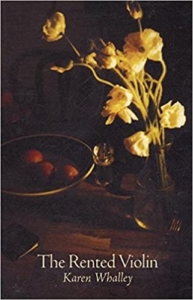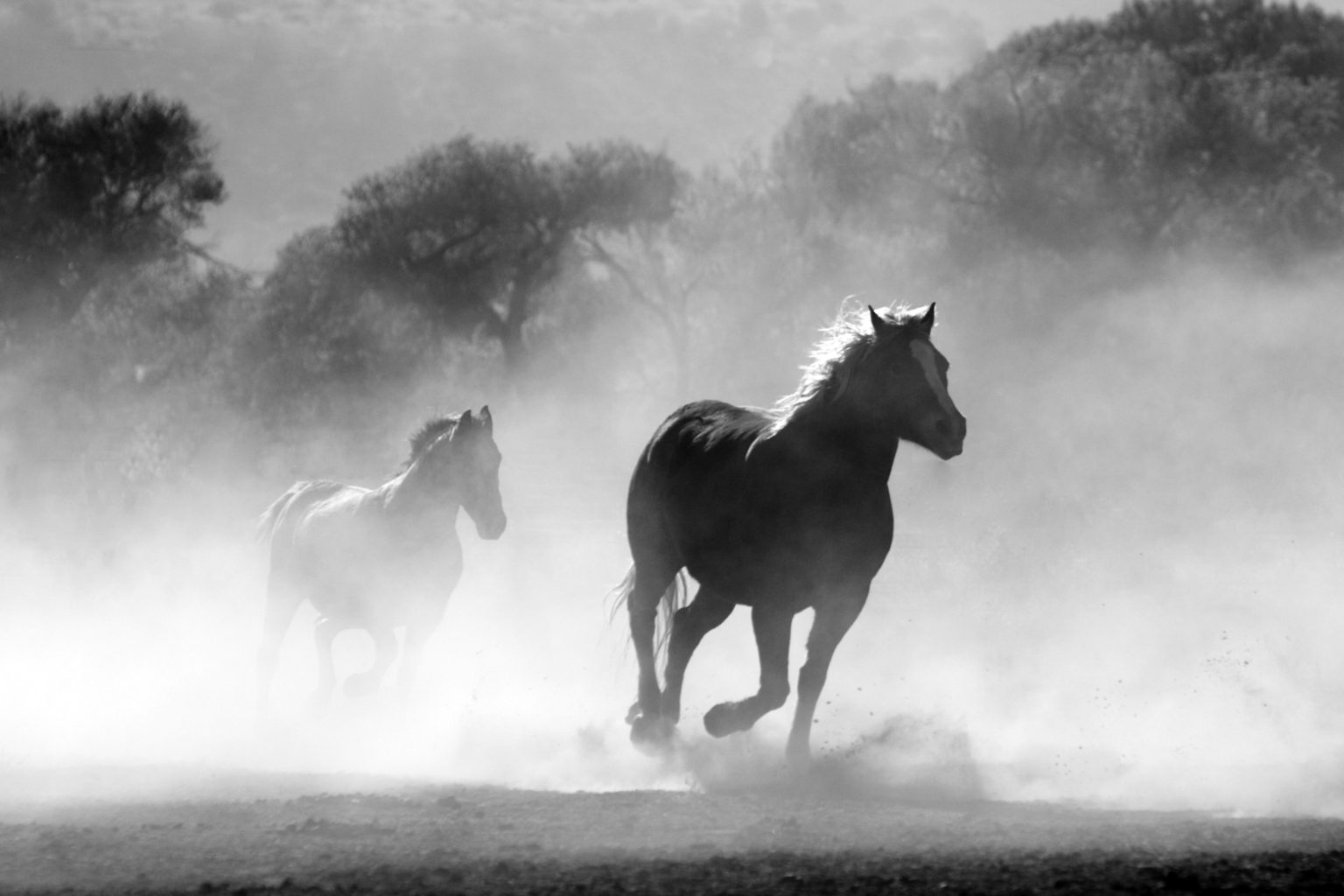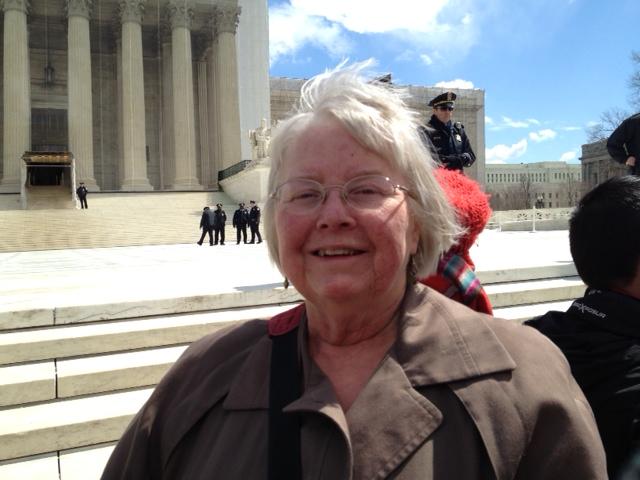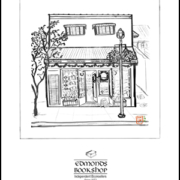Karen Whalley, “Family of Hard Workers”
 So many poets, so little time. I barely dented my book collection, and left out so many other favorites. Next year, thirty more?
So many poets, so little time. I barely dented my book collection, and left out so many other favorites. Next year, thirty more?
For the last day of National Poetry Month, I am pleased to recommend the poetry of my friend, Karen Whalley. I have loved Karen’s poems for nearly 30 years, ever since our mutual professor, Nelson Bentley, put us on a Castalia Reading program together. This poem, from her collection, The Rented Violin (Ausable Press, 2003), resides in the vast class of “poems I wish I had written.”
If I were giving assignments, this one might inspire us to write about what-happened, vs. what-didn’t-happen, and what that might have looked like.
FAMILY OF HARD WORKERS
I would like to forget
That I come from a family of hard workers:
Grandfather of axe handles carved
For the Georgia railroad, Grandmother
Of thirteen children flinging feed for the chickens
From a fifty-pound bag, forgive me,
I forget you. And if my father glorifies
What is, in actuality, a certain lack of choices
On the part of his relatives
Who rose at the cock’s crow
And made a day so similar to the one before it
That if someone asked what they’d done that day,
They would stand with their hands in their pockets
Then give you their one answer:
I whittled an axe handle. I fed the chickens.
Then forgive me for not doing that, too.Once, I kept a carved statue of a horse
On my window sill,
The right front leg crooked, like a little finger
Which made the horse seem always in motion.
It’s all I remember about the horse,
The arched leg ready to step
Into the green pastures of my imagination
And thrum with its hooves,
Churning up grass, unhaltered, unsaddled,
Its huge head rivening the wind.
Better if my family had said:
You come from a family
Where beauty matters.
Look at the horse, now,
Running for joy.–Karen Whalley
Finally, I can’t resist adding a link to Kathleen Flenniken’s The Far Field, with a poem by Professor Bentley: http://kathleenflenniken.com/blog/?p=1951.


 My dear friend
My dear friend 

 Ted Kooser’s
Ted Kooser’s